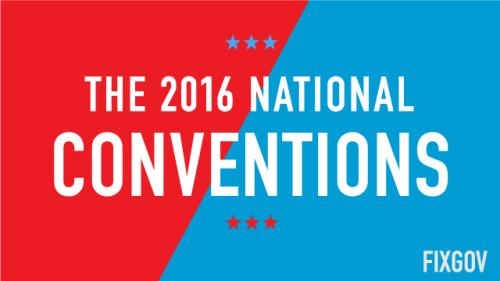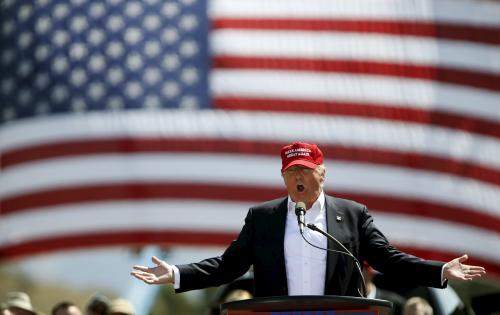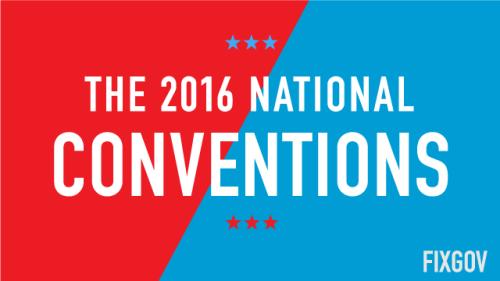Editor’s note: This post originally appeared on CNN.com.
The story of the third night of the Republican convention was Ted Cruz’s failure to endorse Donald Trump for president. As he stood on the podium at the Republican Convention, he channeled Ronald Reagan with repeated references to freedom. As the speech went on the crowd became restless. But when Cruz told them “vote your conscience” up and down the ticket, it became clear that he was not going to endorse Trump.
The New York delegation, seated right in front of the podium, began chanting “endorse.” When the speech ended—without an endorsement—the hall erupted in boos and Cruz’s wife had to be hustled out to protect her from angry delegates.
Those were fighting words.
Earlier in the week, the stop Trump movement had used those same words in an effort to try to persuade the delegates to vote for a rule that would allow them to vote differently than their state had voted. So when Ted Cruz used that phrase in his speech before the convention, the delegates must have known immediately that he was not going to endorse Trump.
The question is, why did he do it? Was it a calculated decision? Or was it just one more nasty move by Sen. Cruz?
The latter, of course, is quite possible. This is the guy of whom a fellow senator, Lindsey Graham, joked, “If you killed Ted Cruz on the floor of the Senate and the trial was in the Senate, nobody would convict you.” And of whom former Speaker of the House John Boehner once said: “I have never worked with a more miserable son of a bitch in my life.”
Cruz is clearly not very good at making friends, and he obviously didn’t make many Wednesday night.
But was it more than what seems to be Cruz’s innate ability to piss people off? Was there calculation behind Cruz’s non-endorsement? If there was, it was probably as follows: Cruz believes Trump will not just lose, but lose big, taking down many Republicans with him. If that’s the case, Cruz could be the one to pick up the pieces; to say to everyone that he knew from the start what a disaster Trump would be at the head of the ticket for the party. It would allow him to argue, starting on November 8, that the party needed to return to its hardcore conservative and Christian roots.
This is, of course, a high-risk strategy for anyone, but especially Cruz. A few months ago, there seemed a real possibility that Cruz could execute the first convention coup in modern times. But it never got off the ground. To pull off something like that, a candidate needs good friends in the right places—and Cruz doesn’t seem to have them.
The more cautious strategy would have been to endorse Trump as some others have done this week, because if Trump loses by a small margin, Cruz could find himself with even fewer friends in the party than he has now, as many Republicans would no doubt argue that his personal petulance and anger toward Trump contributed to a narrow loss.
But Cruz is who he is. He does not play well with others—a difficult, but not always fatal, character trait for a politician. If Trump loses in a landslide, Cruz could look prescient, principled and courageous. If he wins or if he loses narrowly, Cruz will have even fewer friends than he does now.
Elaine C. Kamarck is a Senior Fellow at the Brookings Institution and author of Primary Politics: Everything You Need to Know about How America Nominates Its Presidential Candidates. She is a superdelegate to the Democratic convention.






Commentary
Why did Cruz do it?
July 21, 2016